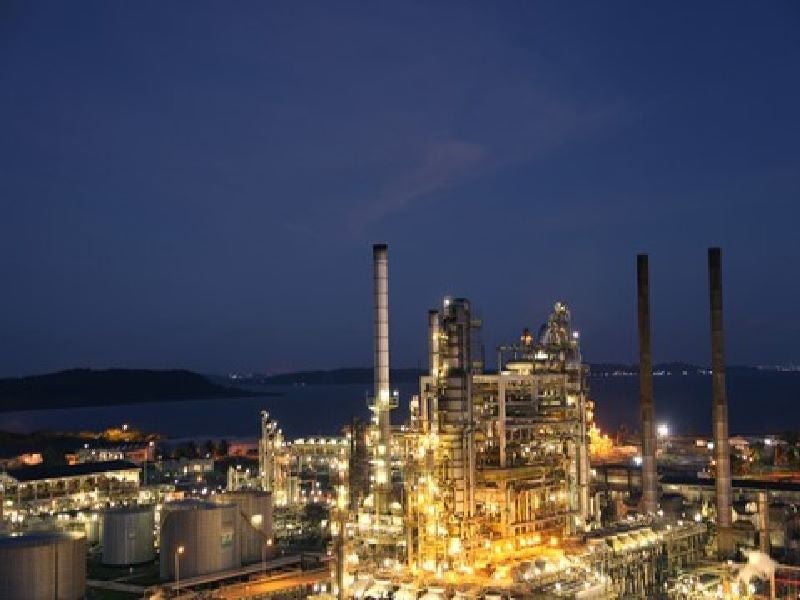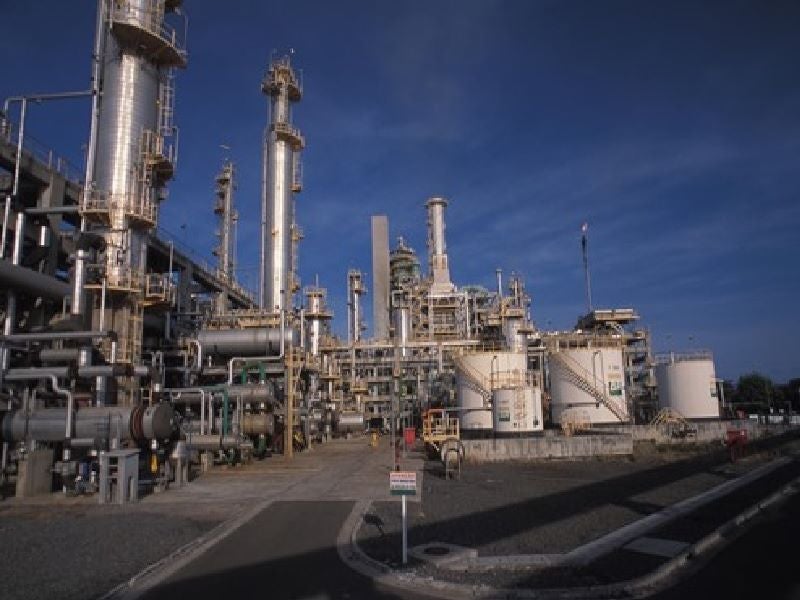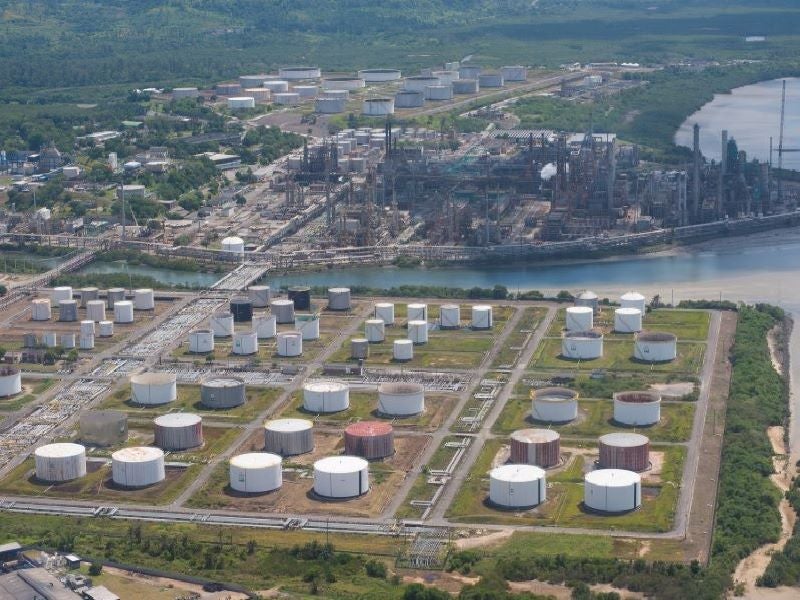The Landulpho Alves Refinery (RLAM) operating since 1950 is the oldest and one of the biggest refineries in Brazil.
Brazil’s state-run oil company Petróleo Brasileiro (Petrobras) is the owner and operator of the RLAM refinery as well as the associated logistics assets in the Brazilian state of Bahia. The refinery has a processing capacity of 333,000 barrels of oil a day (bopd), accounting for approximately 14% of the country’s total oil refining capacity.
Petrobras’ board approved the sale of and its associated logistics assets to MC Brazil Downstream Participações, a subsidiary of UAE-based Mubadala Capital for approximately £1.19bn ($1.65bn) in March 2021.
Mubadala Capital is the financial investment arm of Abu Dhabi’s sovereign wealth fund Mubadala Investment Company.
Petrobras received approval from Brazil’s antitrust regulator Administrative Council for Economic Defense (CADE) for selling the RLAM refinery and associated assets in June 2021.
It will also enter into a service agreement with Mubadala to provide support in operating the refinery during the transition period.
Petrobras initiated the divestment process of RLAM for debt reduction in May 2019. It is the first among the eight refineries to be divested by Petrobras to have reached the sales agreement stage.
Location, crude supply, and products
The RLAM refinery is located in São Francisco do Conde, in the Recôncavo Baiano region, Bahia, in northeast Brazil.
With a Nelson Complexity Index of 7.7, the refinery produces a range of products, including diesel, petrol, jet fuel, LPG, asphalt, petrochemical naphtha, coke, paraffins, lubricants, and fuel oils. The refinery primarily supplies to the northeastern region of Brazil, and also serves the northern region and the Minas Gerais state.
It receives crude oil via a pipeline from Madre de Deus terminal. The RLAM tank farms have a total crude oil storage capacity of approximately 4.1 million barrels.
Refinery process modules
The process units in the Landulpho Alves refinery include an atmospheric distillation unit (ADU), a vacuum distillation unit (VDU), a catalytic cracking unit (CCU), a hydrodesulphurisation unit (HDS), a hydrotreating unit (DHTD), a hydrogen generation unit (HGU), a sulphur recovery unit (SRU), and a lubricant and paraffin plant.
Logistics infrastructure
The associated logistics assets of the refinery include four product storage terminals and connecting pipelines.
The product terminals are located in Candeias, Itabuna, Jequié and Madre de Deus in Bahia. The cumulative storage capacity of four terminals is approximately 4.3 million barrels.
The pipelines connecting the refinery to terminals and the Camaçari petrochemical complex cover a total length of approximately 669km. The short pipelines of less than 15km in length include the Becan 6 and 8 pipelines connecting RLAM to the Candeias terminal; and 21 crude and product pipelines from RLAM to the Madre de Deus terminal.
Long pipelines include the ORSUB pipeline from RLAM to the Jequié and Itabuna terminals; and the ORPENE L1/14”, ORPEN 12” and the ORPENE 8” pipelines from RLAM to the Camaçari petrochemical complex in Bahia.
The RLAM refinery and associated terminals have a total oil storage capacity of approximately 9.8 million barrels, including 4.1 million barrels of crude oil storage and 5.7 million barrels of products storage capacity, and 400,000 barrels of LPG storage capacity.





